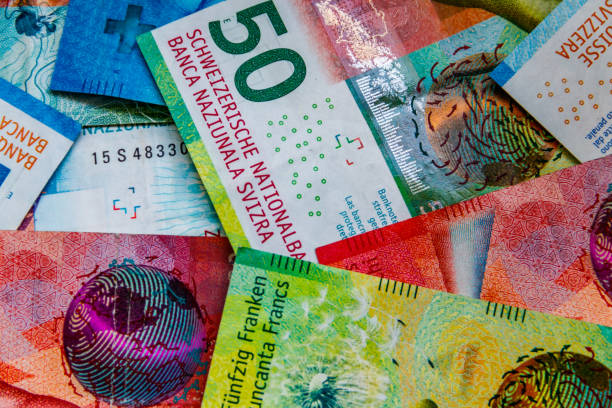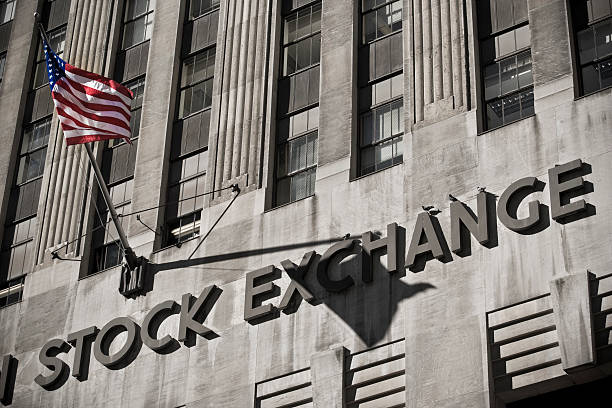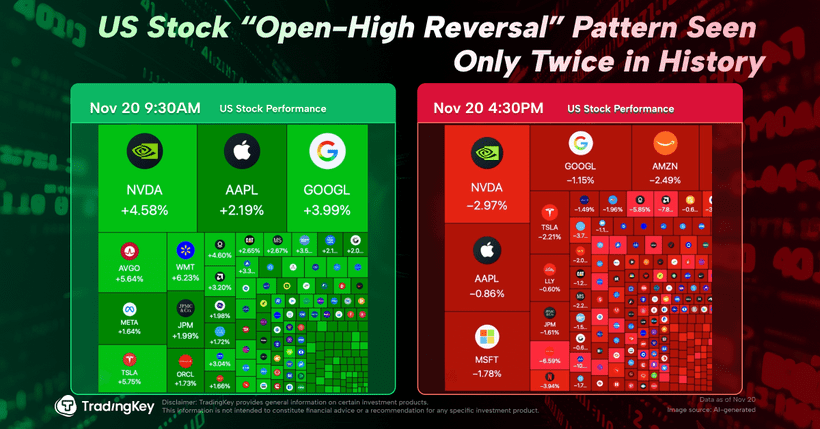USD/CHF holds below 0.8900 as Russia-Ukraine tensions escalate

- USD/CHF drifts lower to near 0.8875 in Monday’s early European session.
- The US Retail Sales rose 0.4% in October vs. 0.8% prior, stronger than expected.
- The safe-haven flows might support the Swiss Franc.
The USD/CHF pair softens to around 0.8875 on Monday during the early European session, pressured by the weakening of the US Dollar (USD). Investors will keep an eye on the Swiss Industrial Production for the third quarter (Q3) and the Federal Reserve’s (Fed) Austan Goolsbee speech later on Monday.
The Greenback edges lower as Trump Trades lose momentum. However, the encouraging US economic data and the cautious comments from the Fed officials might cap the downside for the pair. On Friday, Boston Fed President Susan Collins stated that monetary policy remains restrictive and an interest rate cut is still on the table for December, but a final decision would be based on the incoming data. Meanwhile, Chicago Fed President Austan Goolsbee said that markets tend to overreact to interest rate changes and that the Fed should maintain a slow and steady approach to reaching the neutral rate.
Data released by the Commerce Department's Census Bureau on Friday showed that US Retail Sales increased by 0.4% in October, following the 0.8% rise recorded in September (revised from 0.4%), beating the estimation of 0.3%.
On the other hand, the renewed geopolitical tensions between Russia and Ukraine might boost the safe-haven currency like the Swiss Franc (CHF). Citing two US officials familiar with the decision, CNN News reported on Sunday that US President Joe Biden's administration allowed Ukraine to use US arms to strike inside Russia in a significant reversal of Washington's policy in the Ukraine-Russia conflict.
Swiss Franc FAQs
What key factors drive the Swiss Franc?
The Swiss Franc (CHF) is Switzerland’s official currency. It is among the top ten most traded currencies globally, reaching volumes that well exceed the size of the Swiss economy. Its value is determined by the broad market sentiment, the country’s economic health or action taken by the Swiss National Bank (SNB), among other factors. Between 2011 and 2015, the Swiss Franc was pegged to the Euro (EUR). The peg was abruptly removed, resulting in a more than 20% increase in the Franc’s value, causing a turmoil in markets. Even though the peg isn’t in force anymore, CHF fortunes tend to be highly correlated with the Euro ones due to the high dependency of the Swiss economy on the neighboring Eurozone.
Why is the Swiss Franc considered a safe-haven currency?
The Swiss Franc (CHF) is considered a safe-haven asset, or a currency that investors tend to buy in times of market stress. This is due to the perceived status of Switzerland in the world: a stable economy, a strong export sector, big central bank reserves or a longstanding political stance towards neutrality in global conflicts make the country’s currency a good choice for investors fleeing from risks. Turbulent times are likely to strengthen CHF value against other currencies that are seen as more risky to invest in.
How do decisions of the Swiss National Bank impact the Swiss Franc?
The Swiss National Bank (SNB) meets four times a year – once every quarter, less than other major central banks – to decide on monetary policy. The bank aims for an annual inflation rate of less than 2%. When inflation is above target or forecasted to be above target in the foreseeable future, the bank will attempt to tame price growth by raising its policy rate. Higher interest rates are generally positive for the Swiss Franc (CHF) as they lead to higher yields, making the country a more attractive place for investors. On the contrary, lower interest rates tend to weaken CHF.
How does economic data influence the value of the Swiss Franc?
Macroeconomic data releases in Switzerland are key to assessing the state of the economy and can impact the Swiss Franc’s (CHF) valuation. The Swiss economy is broadly stable, but any sudden change in economic growth, inflation, current account or the central bank’s currency reserves have the potential to trigger moves in CHF. Generally, high economic growth, low unemployment and high confidence are good for CHF. Conversely, if economic data points to weakening momentum, CHF is likely to depreciate.
How does the Eurozone monetary policy affect the Swiss Franc?
As a small and open economy, Switzerland is heavily dependent on the health of the neighboring Eurozone economies. The broader European Union is Switzerland’s main economic partner and a key political ally, so macroeconomic and monetary policy stability in the Eurozone is essential for Switzerland and, thus, for the Swiss Franc (CHF). With such dependency, some models suggest that the correlation between the fortunes of the Euro (EUR) and the CHF is more than 90%, or close to perfect.








